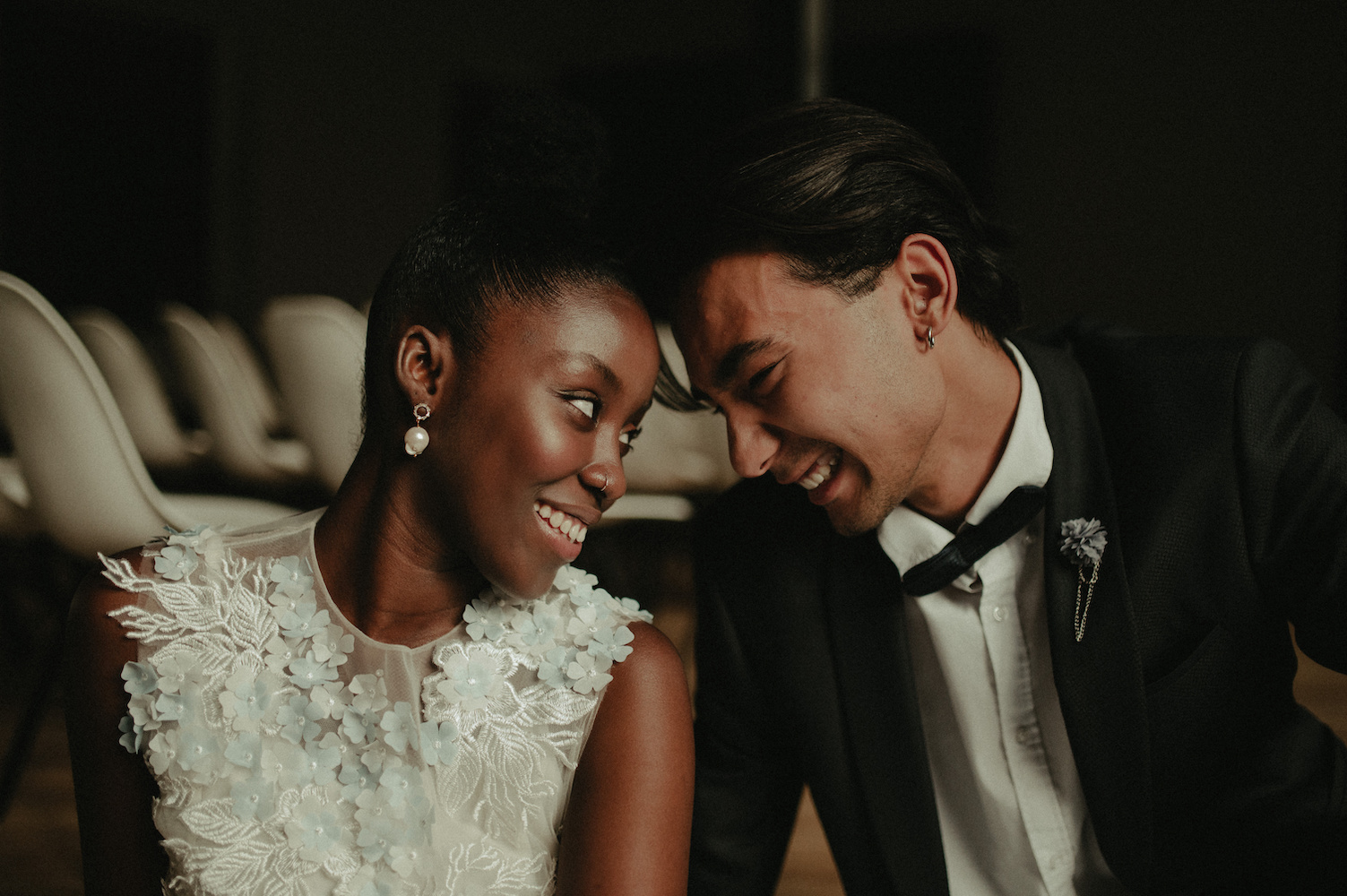
Are wedding bells giving you a headache? Your big day is one day. It’s not forever.
Can we agree that marriage is more important than the wedding? Then now would be a fantastic time to keep a firm hold on perspective. Reaching agreement about your “big day” and the decisions surrounding it helps guarantee memories that will warm both of your hearts.
LESSON TO LEARN BY: Cindy and Mario
Cindy and Mario, are clients of mine who are naturals together – a beautifully suited pair. Their similarities and common interests out weigh their differences. They are loving, sexually compatible, share the same values, and have fun. They had been friends and colleagues for eight years before their romance began. A year later, deciding to marry seemed an obvious and happy conclusion.
It was then that they bumped into each other’s dark sides for the first time and it was over wedding details, outsider opinions, and minutiae. You might say their arguments were symptomatic of deeper problems. Well, sometimes they are and sometimes it is only symptomatic of how indulgently self-righteous we are all capable of being over the staging of our holidays and ceremonies particularly on this “day of days”.
The good news was Cindy and Mario enjoyed pleasing each other. The bad news was they tried to please everyone else as well and were headed for pleasing everyone but them selves. Cindy’s friends had strong opinions about what she should have and that she as the bride should have it her way. Mario’s family demanded that every ritual that had ever occurred in his family history be repeated and that ever relative with even a drop in the blood line be invited. As a couple they were becoming emissaries for their competing camps and fighting over opinions that weren’t theirs. Ultimately, bride and groom decided to no longer be good children. They anointed them selves as the sole determiners of what was right for them both at their wedding and in their marriage in the future and kindly, considerately, and firmly announced their plans.
Whether it’s guest list with a personality disorder or two (narcissists can be counted on to try to eclipse attention), budget, location, or celebrant, only the two of you need agree, or agree to disagree. And remember: you are not clones. Celebrating your differences and allowing each other to show their uniqueness can be as close a connection as being on the same page.
Whatever the detail/problem is, try this simple 5 step dispute breaker:
- Each of you writes down on a scale of 1-10 how much each decision/choice matters to you.
- Deal first with the ones you can dispense with almost immediately. (If one of you cares at a 3 and the other an 8, I suggest #3 surrenders graciously.)
- Put all other issues aside for a day or two or a quiet weekend to have time to think them through again keeping the wishes of your beloved as well as yours in mind. Tip: it’s more contributive to be happy than to be right.
- Both offer a solution to resolve remaining decisions with no judgment or criticism just ideas and humor encouraged.
- Move ahead with what you agree on. Then deal out the leftover choices so that each has roughly the same amount of decisions to make on their own. Discussion is over, acceptance reins, and joy ebbs once again.
This is your practice venture into marriage of win win. Friends, family, or staff can help realize your wishes and offer sage advice but a committee of two should make all executive decisions.
Some choices such as personal vows should be just that – personal. It’s usual that one person is more verbal than the other or more comfortable expressing feelings publicly than the other. You both don’t have to make the same choice. If either of you wishes to create personal vows, here’s how:
- Start with your words only and write from your heart. Don’t go to the internet until you do. The object is expressing your love not an oratorical masterpiece. Cut and paste from the Internet if you wish. It’s okay to borrow but know that if you see it there, everyone else may have heard it in another ceremony.
- Write without editing, Articulate your feelings about marriage, your love for your partner and the ways in which she or he enhances and inspires you. Grammar, literacy, and coherence are secondary and an easy clean up.
- Ask your partner for his or her favorite things you’ve said or written and include them. Be light if you wish but you must know what your spouse-to-be finds amusing (and if you don’t, consider postponing the wedding). Remember: Even the slightest dig can be uncomfortable and reflects questionable sensitivity level on your part. It’s a vow not a roast.
- Keep it relativity brief (200 word maximum). Brevity is a boon to poignancy.
- Make a copy of vows and write on note cards. You do not want to worry about losing them and if memory fails or emotion overcomes, you can read.
- If you memorize, don’t practice to perfection. You aren’t running for office or competing with your mate. Sincerity captures the beauty of the moment.
The ultimate aim of a wedding is a heartfelt ceremony based on genuine feelings of love and commitment. The only “should” is how to create indelible and positive mutual memories of how you worked together to plan your day your way.